Members
Plant ETP members are distributed along three stakeholder groups, with members that themselves represent more than one of these stakeholder groups being part of an overarching multi-stakeholder group
Plant ETP members are distributed along three stakeholder groups, with members that themselves represent more than one of these stakeholder groups being part of an overarching multi-stakeholder group

Centre for Research in Agricultural Genomics (CRAG)
The Centre for Research in Agricultural Genomics (CRAG) is an independent research institution, devoted to leading-edge research in plant and farm animal biology, genetics and genomics. Research at CRAG spans from basic science to applied studies in close collaboration with industry. CRAG currently hosts more than 200 researchers coming for more than 30 different countries. It is located on the outskirts of the city of Barcelona (Spain), in an area shared with renowned facilities and research institutions. CRAG is recognised with the “Severo Ochoa Centre of Excellence” award by the Spanish Ministry of Science and Innovation and with the “Human Resources Excellence in Research” award from the European Commission.
Representative:
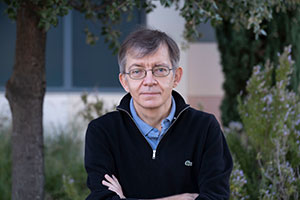
Plant ETP offers to us the possibility of interacting closely with representatives of sectors that are critical for the scientific mission of CRAG (industry, breeders, farmers) and to expand on our shared interests, as well as to engage in very enlightening discussions about the future of agriculture and plant research in the short, medium, and long term. Plant ETP also provides an ideal forum for discussion on European interests, challenges, and policies in these areas.
European Plant Science Organisation (EPSO)
EPSO, the European Plant Science Organisation, is an independent academic organisation that represents more than 200 research institutes, departments and universities from 32 countries, mainly from Europe, and 2.600 individuals Personal Members, representing over 23 000 people working in plant science. EPSO’s mission is to improve the impact and visibility of plant science in Europe, to provide authoritative source of independent information on plant science including science advice to policy, and to promote training of plant scientists to meet the 21st century challenges in breeding, agriculture, horticulture, forestry, plant ecology and sectors related to plant science.
Representatives:
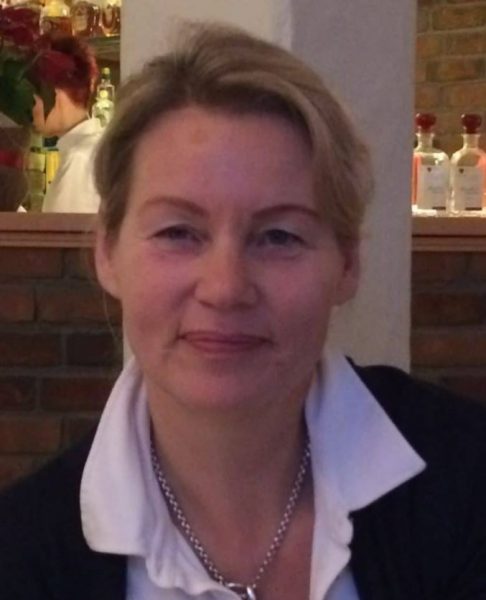
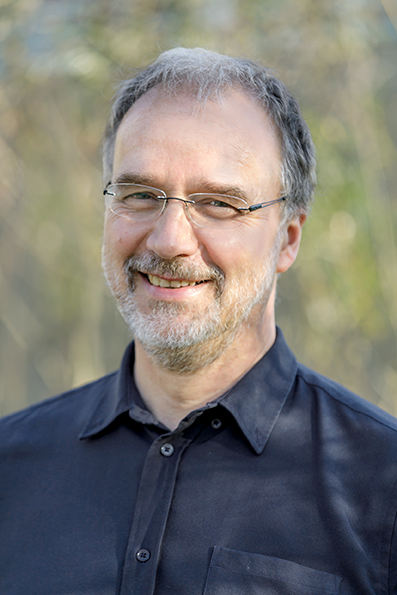


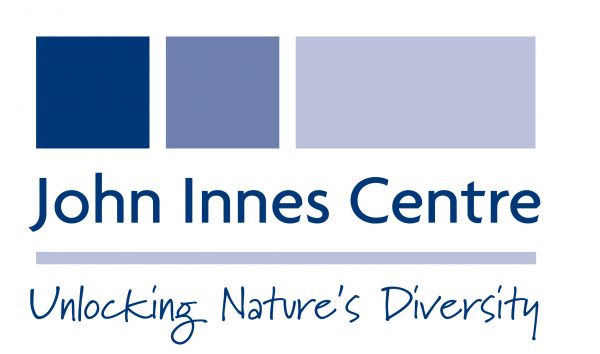
John Innes Centre
The John Innes Centre (JIC) is an independent, international centre of excellence in plant science, genetics and microbiology, based in Norwich, UK. JIC fosters a creative, curiosity-driven approach to fundamental questions in bio-science, with a view to translating that into societal benefits. Over the last 110 years, JIC has achieved a range of fundamental breakthroughs, resulting in major societal impacts. JIC’s mission is to: (i) generate knowledge of plants and microbes through innovative research; (ii) apply our knowledge of nature’s diversity to benefit agriculture, the environment, human health and well-being; (iii) train scientists for the future; and (iv) engage with policy makers and the public.
Representatives:
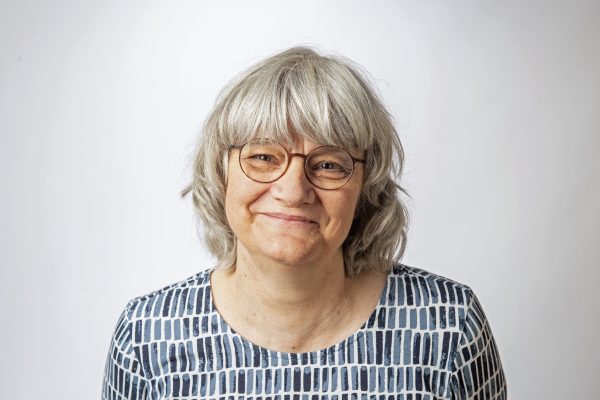
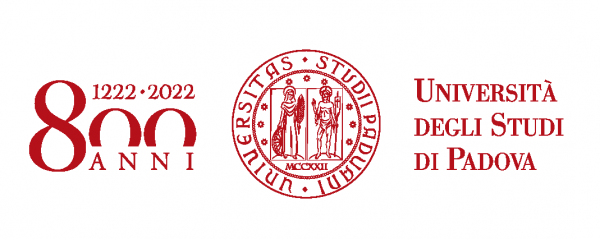
University of Padua
The University of Padua (est. 1222) is one of the oldest and most prestigious seats of learning in Europe and has a long tradition and consolidated reputation for scientific excellence. Three departments are participating in Plant ETP activities, the Department of Agronomy, Food, Natural resources, Animals and Environment (DAFNAE), the Department of Land, Environment, Agriculture and Forestry (TESAF), and the Department of Industrial Engineering (DII). These departments feature a highly interdisciplinary research environment devoted to promoting quality of life, the innovation and competitiveness of the agri-food sector, and the sustainable use of natural resources. The University of Padua is a leading Italian University in Agricultural science for the quality of its research outputs, according to the report issued by the National Agency for the Evaluation of Universities and Research Institutes.
Representative:
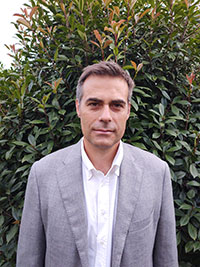
The University of Padua is part of Plant ETP because it is a technology platform that advocates innovation, technology transfer and excellent education in plant science and agriculture sectors for sustainable development.
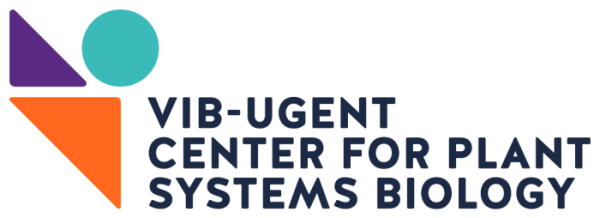
The VIB Center for Plants Systems Biology
The VIB Center for Plant Systems Biology is a world-leading research center in the field of plant biology and biotechnology. Its core mission is to translate excellence in basic research into beneficial solutions for society. The center’s research is focused on addressing important challenges such as climate change, sustainable agriculture and biodiversity.
Representative:
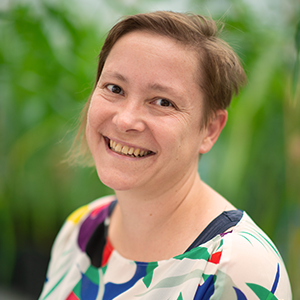

BASF
BASF SE is a German multinational chemical company with subsidiaries and joint ventures in more than 80 countries. It operates six integrated production sites and 390 other production sites in Europe, Asia, Australia, the Americas and Africa. BASF has customers in over 190 countries and supplies products to a wide variety of industries. In the “Agricultural Solutions” segment, BASF is an integrated provider of crop protection products, seeds and digital solutions. The portfolio comprises fungicides, herbicides, insecticides and biological crop protection products, as well as seeds and seed treatment products.
Representatives:



Bayer CropScience S.A.
At Bayer, we work to shape agriculture through breakthrough innovation for the benefit of farmers, consumers and our planet. We combine modern science with farmers’ ingenuity to help nourish our growing world with reliable, sustainable harvests using less land, water and energy. We’re committed to delivering better solutions for all farmers while enabling more choice for consumers to help them and our planet thrive. And, while we don’t have all the answers, our passion for discovery, collaboration and curiosity means we will never stop striving to find them.
Representative:
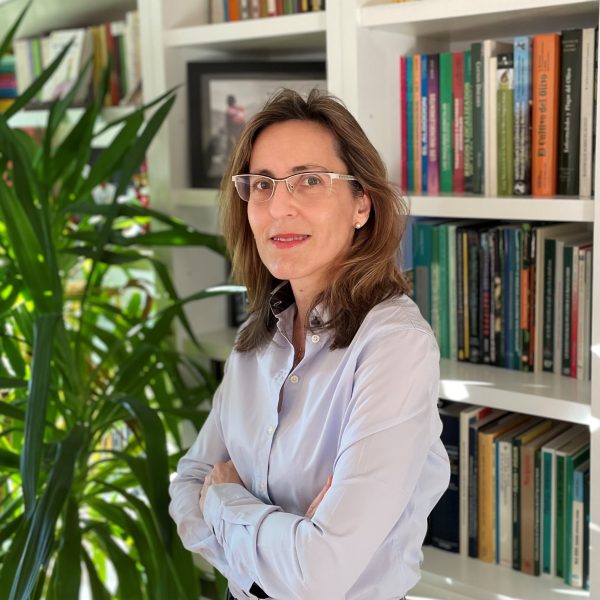
Plant ETP is an excellent multi-stakeholder platform where representatives from academia, industry and farming community exchange views, ideas and work together in developing sound proposals for a sustainable agriculture. Bayer is firmly committed to deliver innovative products for farmers and society but also to get society’s understanding and trust in scientific innovations. Plant ETP plays also a fundamental role for partnership in education in plant science and engagement in development of science-based policies that can contribute to the competitiveness of the EU.

Corteva Agriscience
Corteva Agriscience is a publicly traded, global pure-play agriculture company that combines industry-leading innovation, high-touch customer engagement and operational execution to profitably deliver solutions for the world’s most pressing agriculture challenges. Corteva generates advantaged market preference through its unique distribution strategy, together with its balanced and globally diverse mix of seed, crop protection, and digital products and services. With some of the most recognized brands in agriculture and a technology pipeline well positioned to drive growth, the company is committed to maximizing productivity for farmers, while working with stakeholders throughout the food system as it fulfills its promise to enrich the lives of those who produce and those who consume, ensuring progress for generations to come.
Representative:


Eurofins Agroscience Services
With over 30 years of experience in Crop Protection, Eurofins Agroscience Services has developed into a global enabler in the area of research, development and regulatory services for the Agrochemical, Biorational, Fertiliser and Breeding industries. Offering exceptional technical knowledge, a global network of state-of-the-art laboratories, greenhouses and field stations as well as full regulatory support, Eurofins Agroscience Services is a leader in its sphere.
In a dynamic and complex regulatory environment, supporting clients through every stage of the registration process is a top priority. Conducting field and laboratory studies to determine the safety and efficacy of new bio-rational and chemical plant protection products is core to Eurofins Agroscience Services technical activity, with registration services provided by an in-house team of regulatory experts.
In addition, Eurofins Agroscience Services is committed to enabling innovation alongside SME’s in the area of crop protection solutions by applying technical capabilities through a unique platform approach.
Representative:

The Plant ETP addresses agricultural topics at the forefront of societal, sustainable and innovation-driven debates including stakeholders from the entire value chain.
As a global enabler for Research, Development and Registration for innovative and sustainable crop protection solutions we are delighted to be part of this “Think Tank” and can contribute to the most relevant topics in agriculture today, also learning how we as an organisation need to prepare in order to meet the future trends in agriculture.

Euroseeds
Euroseeds is the voice of the European seed sector. We therefore represent the interests of those active in research, breeding, production and marketing of seeds of agricultural, horticultural and ornamental plant species.
Today, Euroseeds, with more than 36 national member associations from EU Members States and beyond, represents several thousand seed businesses, as well 67 direct company members, including from seed-related industries.
Representative:
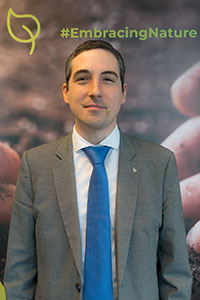
Companies active in the plant breeding and seed production sector are amongst the most innovative in Europe, as these companies need to ensure they are able to meet the challenging and ever-evolving needs of farmers and the rest of the agri-food chain, including consumer preferences and policy objectives. It can take up to 15 years to develop a new variety, which means that breeders have to anticipate future food demands and challenges, and predict which products will be required in the next decade and beyond. Therefore, the European Technology Platform “Plants for the Future” is a key priority for Euroseeds in order to find solutions that deliver in terms of sustainability and competitiveness for the entire agri-food chain.
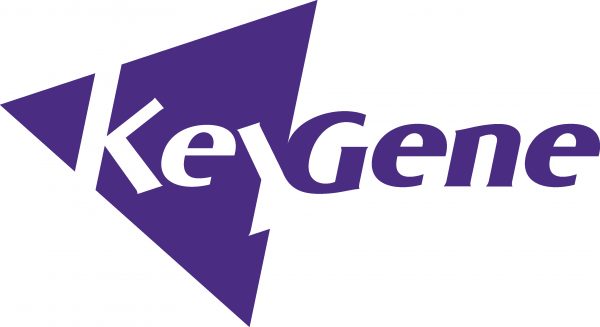
Keygene N.V. – technology innovation for crop improvement
KeyGene is the go-to research company for technology innovation that boosts crop improvement. With our intellectual capital, solution driven approach and collaborative spirit, we passionately work for the future of global agriculture with partners in breeding of vegetables and other crops, and other organizations in the AgriFood sector. Our drive is to support our partners in their toughest R&D challenges with powerful research project teams, combining our cutting edge expertise in fields like DNA, RNA, proteins, metabolites, cells & tissues, plant traits, gene editing & mutation breeding and data science. We operate in an international environment, which is reflected in our team, with more than 140 professionals from all over the world. Our company is based in Wageningen, the Netherlands and Rockville, MD, USA.
Representatives:
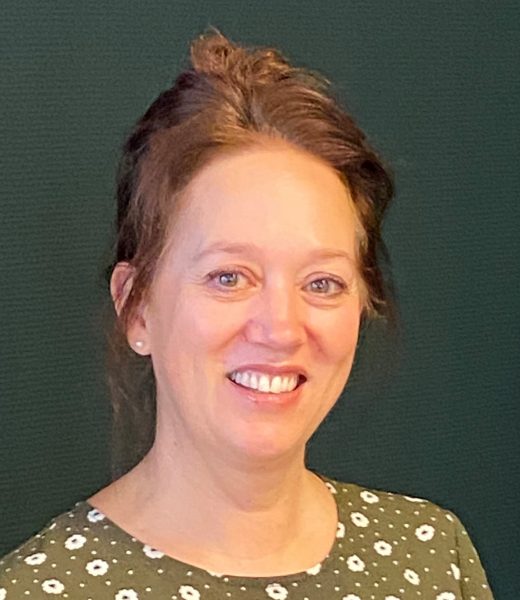
 Roeland van Ham, PhD
Roeland van Ham, PhDThe Plant ETP defines trends and is an important link to EU policy. It has a central role in translating the green deal into practice, thereby defining research and innovation opportunities that inspire KeyGene to, together with its partners, develop and apply innovative technologies for crop improvement in fields such as DNA, RNA, proteins, metabolites, cells & tissues, plant traits, gene editing & mutation breeding and data science.
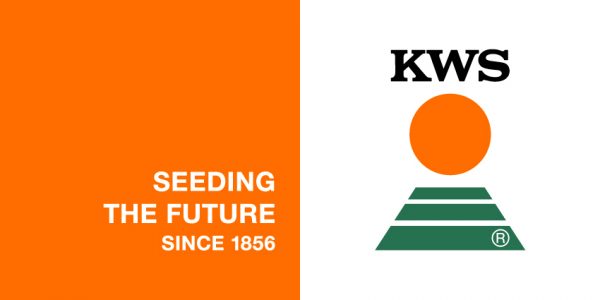
KWS SAAT SE & Co. KGaA
KWS is one of the world’s leading plant breeding companies. Around 6,000 employees in 70 countries generated net sales of around €1.3 billion in fiscal 2020/2021. A company with a tradition of family ownership, KWS has operated independently for 165 years. It focuses on plant breeding and the production and sale of seed for corn, sugar beet, cereals, vegetables, rapeseed and sunflower. KWS uses leading-edge plant breeding methods to continuously improve yield for farmers and plants’ resistance to diseases, pests and abiotic stress. To that end, the company invested more than €250 million last fiscal year in research and development.
Representative:

Public-private partnership is firmly anchored in KWS research for mutual benefit.
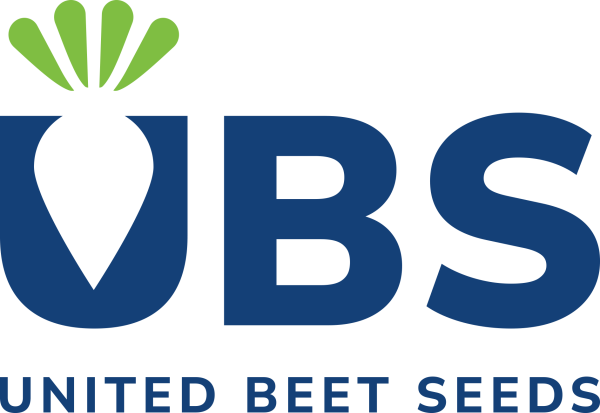
United Beet Seeds (UBS)
United Beet Seeds (UBS), is a joint venture, launched in September 2024, between Groupe Florimond Desprez and DLF Seeds A/S and is specialising in all aspects of sugar beet seed research, production, processing and commercialisation. We leverage our combined strengths, extensive expertise and shared passion to expand opportunities for growers and industry in the global beet and chicory seed markets. UBS has a strong focus on innovation and quality, resulting in high performing and sustainable varieties. Headquartered in Belgium, the company employs over 900 people worldwide.
Representatives:
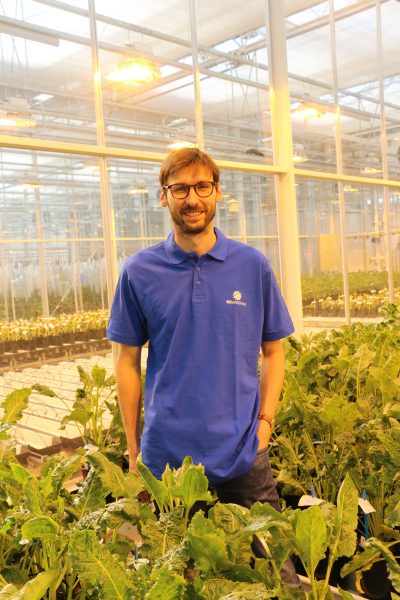


Syngenta
Syngenta is a leading developer and producer of seeds and crop protection products worldwide. Our seeds innovations contribute to the sustainability of our planet by providing solutions to farmers to adapt to extreme conditions caused by climate change, mitigate carbon emissions from agriculture, and help farmers counteract soil erosion and biodiversity loss. We bring farmers more vigorous, stronger, resistant plants, including innovative hybrid varieties and crops that can thrive even in challenging growing conditions. Our research is designed to improve the way crops are grown and protected so that everyone, from consumers, to farmers, to the environment, benefits.
Representatives:


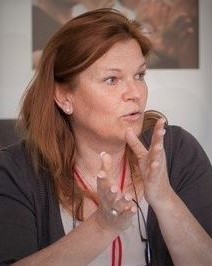
At Syngenta we are committed to engaging in inclusive, strategic multi-stakeholder partnerships for sustainability, with farmers, the food value chain, agricultural businesses, and academic institutions to increase the impact we can make together. Plant ETP is an excellent forum for discussions with key stakeholder groups about sustainable agriculture and the future and competitiveness of the plant sector in Europe and worldwide.
COPA-COGECA
Copa and Cogeca are the united voice of farmers and agri-cooperatives in the European Union. Together, we ensure that EU agriculture is sustainable, innovative and competitive, while guaranteeing food security for 500 million people throughout Europe. Copa represents over 22 million farmers and their family members whilst Cogeca represents the interests of 22,000 agri-cooperatives. We, the European farmers and agri-cooperatives, strive to deliver the type of agricultural products that our citizens expect and demand, with a market-oriented agriculture that provides the highest level of food safety, sustainability, plant and animal health and welfare standards.
European agriculture and forestry are incredibly diverse. This diversity is our pride and our strength, and we must do everything in our collective power to protect it! This is why all models of agriculture, all types of production and all sizes of farms and cooperatives are represented within Copa and Cogeca.
Representative:
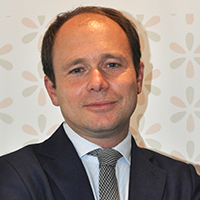
Copa-Cogeca is one of the founding members of Plants for the Future ETP. Our goal is to ensure that all farmers and agri-cooperatives have access to a wide range of safe technologies that will enable EU agriculture to improve on sustainability whilst remaining competitive. We/Copa-Cogeca are committed to the EU model of production whereby all sectors are able to contribute to sustainability. For us, Plants for the Future ETP must be the driver of the research and innovation agenda for plants.
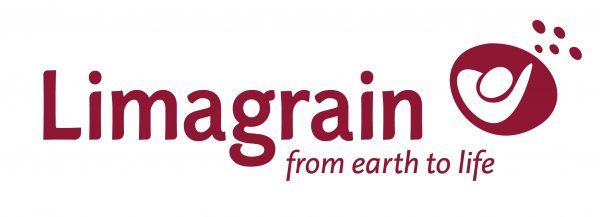
Vilmorin & Cie – Limagrain
Limagrain is an agricultural cooperative and international seed group, owned by French farmers. Limagrain has its roots in three core values: progress, perseverance and cooperation. Focused on the genetic progress of plants, Limagrain breeds, produces, and distributes field seeds and vegetable seeds. Beginning from the region of its parent company in France, Limagrain has built unique agri-food chains and deployed its activities in 57 countries. As the 4th largest seed company worldwide, Limagrain is guided by a single purpose: cooperating for the progress of agriculture everywhere, for everyone.
Representatives:



Greenports Nederland
Greenport Nederland is a network organisation that unites the Dutch horticulture cluster with the aim to make the cluster more sustainable and future proof. The horticultural cluster consists of all chains in the horticultural complex (ornamental cultivation, fruit and vegetable production and its seed industry & plant propagation. But also, the companies in processing, supply, trading and distribution. Greenports NL connects the horticultural regions in the Netherlands, their businesses, national industries, knowledge institutions and the different government levels. We address the national strategic issues of the cluster and provide a follow-up through coordination, consultation and intervision. We set up programs and projects for this purpose, preferably with a triple helix approach.
Representative:
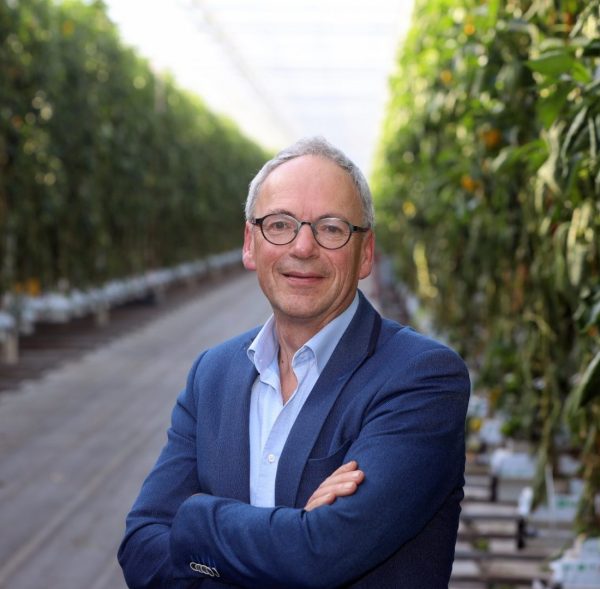
We join the Plant ETP network because we believe in the power of plant-based solutions for a healthy European society. By collaborations in the ETP network we want to give innovations in the value chain an extra boost.
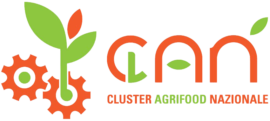
Cluster Agrifood Nazionale (CLAN)
Cluster Agrifood Nazionale (CLAN) is a key multi-stakeholder organization that brings together diverse actors in the Italian agri-food sector to promote sustainable growth, innovation, and collaboration to enhance the competitiveness and excellence of the industry.
Representative:

Joining PLANT ETP represents for the Italian National Agrifood Cluster an extraordinary opportunity for growth and development. We believe that our integration into the European research and innovation network will provide us advantages in terms of resources, technological knowledge and networking, and that we can contribute to consolidating the leading position of the European agri-food sector.

PlantAlliance
The PlantAlliance consortium is a French Research & Innovation community that gathers 31 public and private research stakeholders working from plant production to transformation and united around a common ambition: to support the contribution of plant genetics to accelerate agroecological innovation. PlantAlliance runs three main activities : to stimulate the public-private plant sciences community, to fund pre-competitive projects and to carry collective scientific positions. With more than twenty years of partnership history, PlantAlliance provides a relevant and experienced forum for public-private interactions and opportunities.
Representative:

Plant ETP is a key European multi-stakeholders forum that promotes plant research, facilitates exchanges between related stakeholders, and believes in public-private partnership as PlantAlliance does. Joining Plant ETP as an associate member and strengthening the links between our organisations is a way to enlarge our consortium’s network and to explore new opportunities in plant sciences at European level, as well as to better be connected to European policies evolutions.